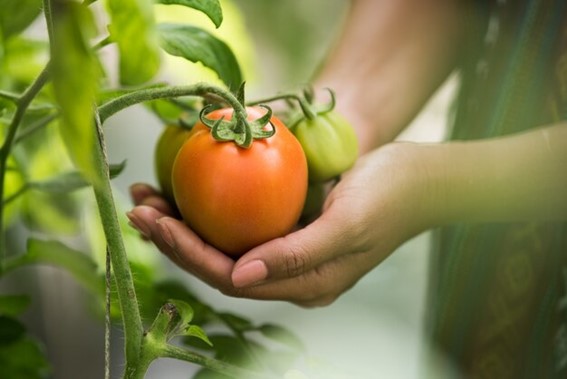The global population increase, combined with the growing impact of climate change, has prompted the food industry to strive for the generation of more and more efficient high-quality crops. Multiple efforts are currently being made to improve plant characteristics through genetic improvement with the aim of producing crops with higher yields.
For many years, obtaining these improved crops was based on the selection of plants with the desired traits, followed by spontaneous recombination. Later, new breeding methods such as crossbreeding, and hybrid breeding were added. Although generally effective, all methods are time-consuming, making them unsuitable for the demands of the current food industry.
Researchers from the Instituto de Biología Molecular y Celular de Plantas (IBMCP) of Valencia, Spain, are working on several lines of research developing highly specific, next-generation RNAi tools based on artificial small RNAs (art-sRNAs) for controlling gene expression and inducing antiviral resistance in plants.
For crop improvement, the research group is working on two main lines:
- Control of gene expression for crop traits improvement. The researchers have developed a new, highly specific RNAi-based technology that includes art-sRNAs in viral vectors that can be applied to plants in a non-transgenic way to induce efficient and widespread silencing of endogenous genes and pathogenic RNAs.
- Fine-tuning crop traits modulation. Art-sRNA-based technology has demonstrated effectiveness for the modulation of agronomical traits like flowering time in Arabidopsis thaliana. The researchers are working on extending these results to tomato crops. The technology could be used for the modulation of other traits in other types of crops, which is why it is considered a promising tool to improve agricultural yield and obtain greater economic benefits.
For crop protection, the research group is working on one main line:
- Vaccines for crop protection against viruses. The technology proposed by the researchers is based on the simultaneous co-expression of several art-sRNAs in viral vectors, which can be applied to plants in a non-transgenic way, to confer resistance against pathogenic viruses. The technology has demonstrated effectiveness for Tomato spotted wilt virus (TSWV) infection in Nicotiana benthamiana. Furthermore, recent research is showing that this tool would not only be effective in providing protection against pathogenic viruses, but also against certain types of fungi, and in other types of crops, offering a more complete, all-in-one solution for crop protection.
The represented research group is looking for commercial feedback on their technologies and lines of work. In particular, and among other matters, they would like to know the types of crops and traits to modulate of most interest for the companies in the agro-industrial sector. With this information, they can redirect their current and future investigations toward more industry-focused options.
Additionally, the research team is actively seeking a potential partner to evaluate the applicability of their tools in crops of agro-industrial interest.
In the medium term, the ideal scenario would be a collaboration that leads to the commercial exploitation of the presented inventions.
Institution: Instituto de Biología Molecular y Celular de Plantas
TRL: 3-4
Protection status: European Patent Applications
Contact: Nuria Bas / nuria@viromii.com

